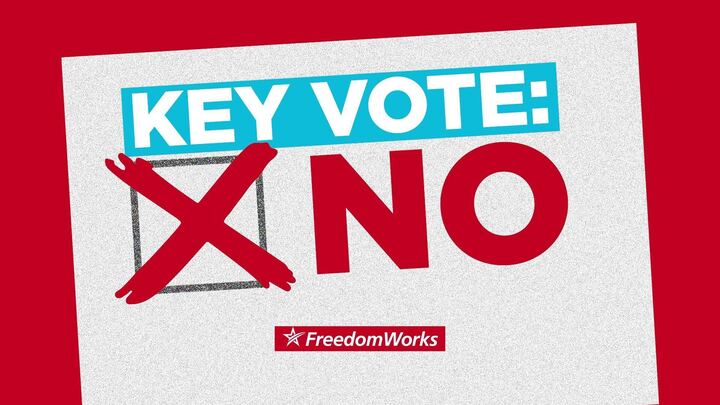Texas Bringing Freedom to Your Email
The state of Texas is becoming the standard for freedom in America. Already attracting thousands of new employers for its pro-business stance and hundreds of thousands of new residents for its pro-individual policies, now the Lone Star State wants to revolutionize online freedom.
The state legislature has sent a bill to Governor Rick Perry that would close a troubling loophole that allows the government to access your personal emails. Provided that Perry doesn’t veto the law, the legislation would only apply to state and local law enforcement. Nevertheless, it sends a powerful message to the federal government not to mess with Texas or its email.
The loophole was inadvertently created by the 1986 Electronic Communications Privacy Act (ECPA). Back then, the vast majority of email was downloaded to one’s personal computer. Any messages not downloaded after 180 days were considered abandoned and open to government searches without a warrant.
But today, most of our email sits in “the cloud.” All those messages new and old reside somewhere on an online server — heck, I have email I saved a decade ago. Although the ECPA was created to protect online privacy, it is now being used to destroy it.
Google recently revealed that the federal government made nearly 8,500 requests for user data in the last half of 2012. This is up 136 percent from the last half of 2009 when the company started tracking this data. In the vast majority of these cases, the requests are made using ECPA subpoenas, which do not need a court order.
Ever skeptical of privacy and freedom, the feds also have dug through Twitter accounts. Of the 815 requests for Twitter user info in the past six months, 81 percent of these “unreasonable searches and seizures” were conducted without a warrant.
The Texas bill is similar to reforms that have circulated in the U.S. Senate. By letting it become law, Austin will throw the gauntlet to Washington to clean up the obsolete provisions of the ECPA. Federal reforms have gone through the Senate Judiciary Committee and await a floor vote.
Hanni Fakhoury of the Electronic Frontier Foundation applauds Texas’ move. “It’s significant proof that privacy reform is not only needed but also politically feasible with broad bipartisan support,” he said. “Hopefully that will impact federal ECPA reform efforts by getting people on both of sides of the political aisle to work together to make meaningful electronic privacy reform a reality.”
Fakhoury also encouraged other states to join in. “The more states that pass similar legislation, the more pressure it will put on Congress to keep up with the changing legal landscape,” he said.
Follow Jon on Twitter at @ExJon.



